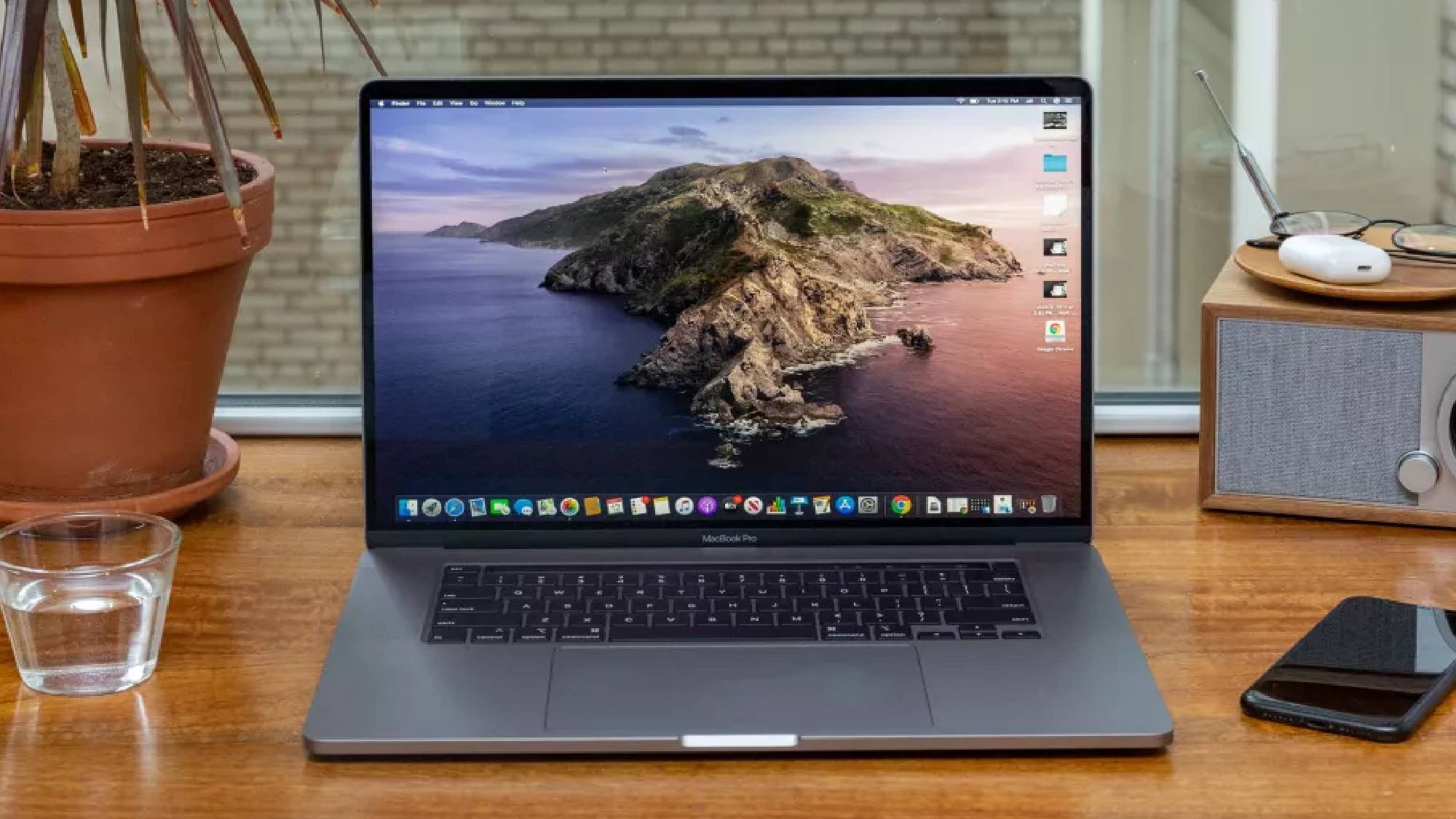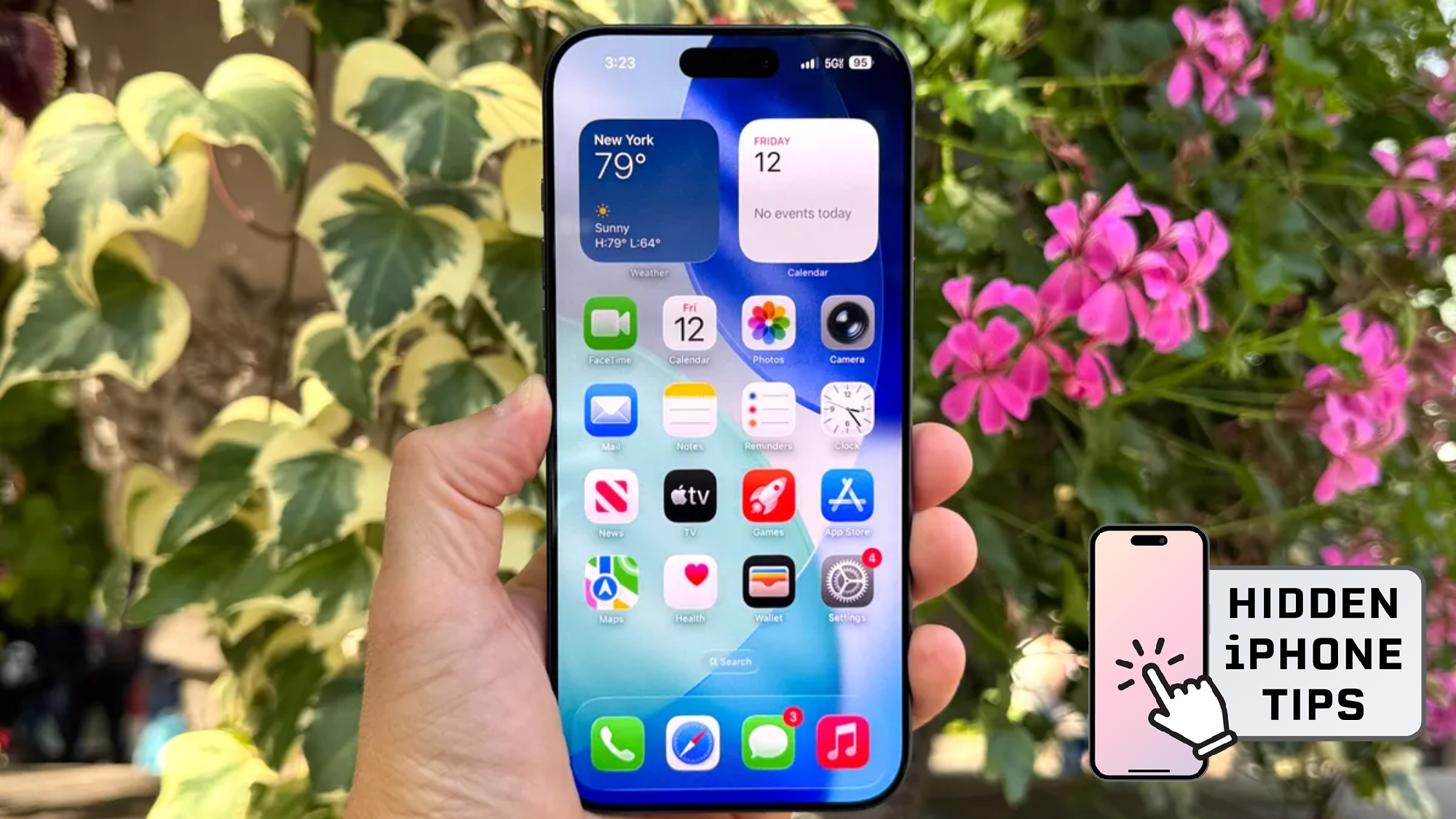Apple could disable Rosetta 2 in M1 Macs in some regions
Apple M1 Macs might get hamstrung in some regions — here’s how

Apple could disable its Rosetta 2 technology on M1-based Macs in some parts of the world, according to code found in macOS 11.3 — potentially scuttling certain emulated software.
Steve Moser, macOS developer and contributor to MacRumors, tweeted that in the third beta of macOS 11.3 there’s mention of the Rosetta application programming interface (API) getting removed upon the update’s installation in as-yet-unnamed regions. That’s bad news for people looking to run Intel-based apps on the ARM architecture-based Apple M1 chip.
- Dell XPS 13 vs MacBook Pro: Which laptop is best?
- Everything we know so far about the iMac 2021
- Plus: Forget Apple Glasses — Samsung AR Glasses concept just revealed
Before we continue let’s break down the Rosetta API. In a nutshell, it effectively provides the framework to allow emulated apps to run on Apple platforms they weren’t originally configured for. Rosetta 2 is especially important as it ties in with Apple's move from Intel processors to the in-house M1 chip it introduced last year with the MacBook Air, Mac mini and MacBook Pro.
The M1 chip is based on ARM RISC instructions sets, pretty much like every chipset you can find in a smartphone, whereas Intel and AMD processors use IBM’s x86 architecture. As such, macOS and Windows 10 apps were previously configured to run on x86 architecture and not RISC.
Rather than force developers of cross-platform apps to reconfigure their apps, Rosetta 2 effectively provides the means to translate them to run on the new M1 chip.
As such, the removal of Rosetta 2 could potentially make some apps unable to run on M1-based Mac machines. However, at the time of writing, it doesn't look like Apple has disabled Rosetta 2 in any of its M1 Macs.
Apple is removing Rosetta from Macs during updates in certain countries in Mac 11.3 beta 3. Maybe this is due to legal issues? “Rosetta will be removed upon installing this update” “Rosetta is no longer available in your region. Applications requiring Rosetta will no longer urn” pic.twitter.com/NmsjXOwPvPMarch 3, 2021
It’s unclear why Apple would apply any restrictions on Rosetta 2, though Moser said it could be down to potential legal issues. Or Apple could have embedded the message into the code to have something as a backup in case it faces any legal challenges or restrictions around Rosetta in the future.
Get instant access to breaking news, the hottest reviews, great deals and helpful tips.
Given how well Rosetta 2 handles x86 emulation, delivering a far better experience than Windows 10 machines that have used ARM-based chips, it would be disappointing to see the technology get hamstrung by legal problems. As it stands, however, everything looks fine so far.
We’ll keep an eye on this to see how things develop, but if you want to take the M1 Mac plunge, then you'll find the MacBook Air joining the Dell XPS 13 as one of our top picks for the best laptops you can get right now.

Roland Moore-Colyer a Managing Editor at Tom’s Guide with a focus on news, features and opinion articles. He often writes about gaming, phones, laptops and other bits of hardware; he’s also got an interest in cars. When not at his desk Roland can be found wandering around London, often with a look of curiosity on his face.
 Club Benefits
Club Benefits





